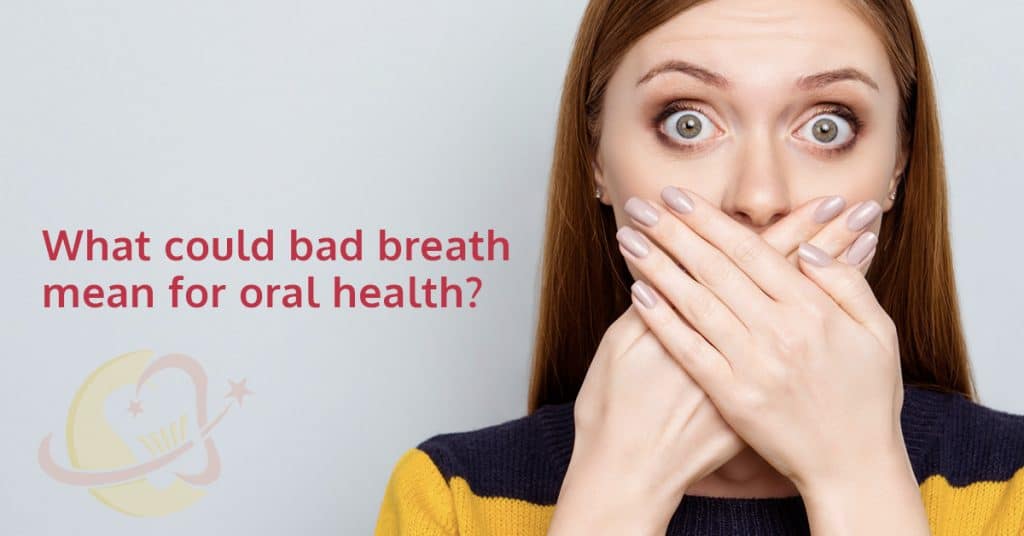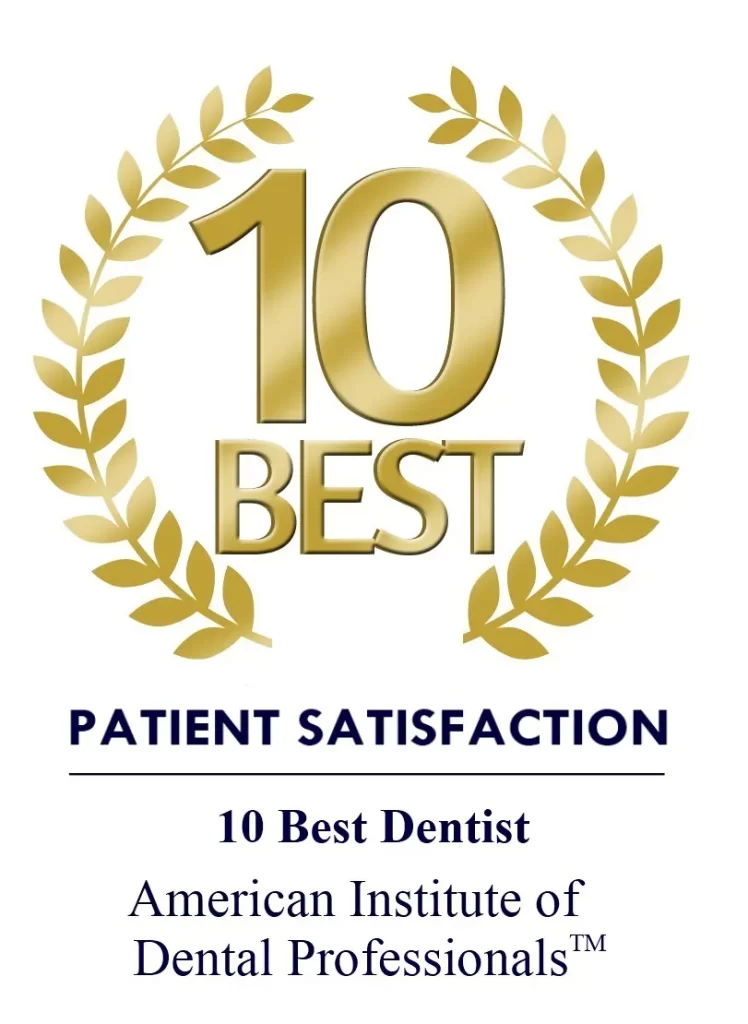
Poor oral health leads to bad breath, and bad breath is a social taboo. That said, your bad breath might be telling you something about the state of your body. Your foul breath may signify a health problem mouthwash and breath mints won’t solve.
Are you concerned about your dental issues? Read on to learn more about what your breath says about your health.
Halitosis Causes
Everyone experiences bad breath on occasion. External factors like food, alcohol, and coffee can lead to a temporary bout with bad breath. For example, if you consume a meal such as garlic-laden pasta and red wine for dinner, you may experience foul-smelling breath afterwards.
This form of temporary halitosis is common. Chronic foul breath, however, is cause for concern. These breath issues present many social challenges. Though mints and mouthwashes can mask, they will not solve it.
If you have chronic bad breath, consider the following oral issues and dental concerns.
Foods and Diet
Some foods cause a temporary bout of halitosis. These are the foods that cling to your teeth and gums and increase the bacteria level in your mouth. Foods like pasta and bread stick to your teeth and turn to sugar.
Meat gets stuck between teeth and in cracks and causes bacteria build-up. Potato chips and candy are also foods that cling to your teeth and contribute to foul breath.
Tobacco Use
Smoking causes bad breath, and there’s no way around it. The worst part is, most smokers are unaware of their breath issues because tobacco smoke kills a person’s sense of taste and smell.
Tobacco use also dries out your mouth and is a leading factor for gum disease.
Bad Hygiene
Do you brush twice a day and after meals and floss regularly? Do you use a fluoride mouthwash?
If your answer is no to any of these, your bad breath is likely from poor hygiene. Particles from the food you eat stay in your mouth. These remaining particles trigger plaque growth.
Excess plaque causes foul odors and irritates your gums. Your tongue also traps bacteria that will cause bad breath.
Dry Mouth
Dry mouth can occur naturally or can happen with certain medications. Saliva helps cleanse your mouth and remove the food particles contributing to bad breath. Dry mouth, or xerostomia, causes bad breath by limiting saliva production.
Most folks experience dry mouth during periods of sleep, and this dryness may cause “morning breath.” You need to brush and floss before you sleep to prevent stinky breath and further dental problems.
Periodontitis
According to research by the CDC, 42% of American adults over 30 have some form of periodontitis, which is a contributor to bad breath.
Periodontitis, also known as gum disease, develops from poor dental care. Lack of preventative dental work like check-ups and routine cleanings are a primary cause of this oral disease.
Gum disease forms when pockets of plaque get trapped beneath the gum line. These plaque pockets cause damage to your soft tissue. If untreated, it can lead to tooth decay and bone loss.
Symptoms
Periodontitis can start painless, so many folks who develop the disease are unaware they have it. Bad breath is a symptom, and if you suspect you have gum disease, you need to visit an oral health professional to stop its progression.
Other symptoms of periodontitis include:
• Swollen gums
• Red or purple colored gums
• Sore or tender gums
• Bleeding gums
• Pain when chewing
• Loss of teeth
• Receding gums
• Bite changes
It’s important to remember that gum disease is a progression. Excess plaque hardens and forms tartar. This tartar contains bacteria and causes gingivitis.
As you develop gingivitis, your gums experience chronic inflammation. This chronic inflammation then develops into periodontitis.
Are You At Risk?
There are specific health conditions that put you at risk for gum disease along with your habits. The main risk factors for periodontitis are:
• Smoking
• Hormonal shifts
• Recreational drug use and vaping
• Obesity
• Vitamin deficiencies
• Cancer and other immunity depleting diseases
• Autoimmune disorders like Crohn’s Disease
The best way to prevent or mitigate the periodontitis causing your bad breath is through deliberate oral care. Brushing and flossing remain crucial everyday practices, and your bi-annual dentist visits will keep any gum disease from blossoming.
Other Causes of Bad Breath
It’s not only poor oral hygiene and gum disease that cause bad breath. Often, poor health or other chronic conditions lead to a less than pleasant mouth. If you find that your breath doesn’t improve with a thorough oral health regimen, seek consultation with your primary care physician.
These conditions also cause bad breath:
• Respiratory infections like bronchitis and pneumonia
• Diabetes
• Chronic sinus infections
• Lung infections
• Chronic heartburn or acid reflux
• Kidney and liver disease
• Gastrointestinal problems
• Certain forms of cancer
Remember that not all bad breath comes from poor hygiene. Some of the above health conditions, like chronic acid reflux, could contribute to bad breath. In many cases, solving your breath issues is a collaborative effort with your oral health doctor and your general practitioner.
Don’t Suffer Through Bad Breath!
Bad breath is a social faux pas that can have damaging ramifications. First impressions can last a lifetime, and it’s impossible to make a good one if your breath is noticeable.
Make sure to maintain good hygiene by brushing and flossing. Don’t skip your dental check-ups, and talk with your trusted medical professionals should you notice any changes. Your breath may signal a serious issue.Don’t delay scheduling an appointment with an experienced dental team. We can treat your bad breath today! Contact us today and get your mouth and overall health in tip-top shape.

